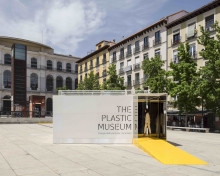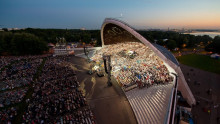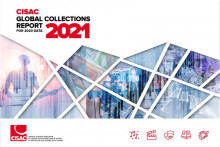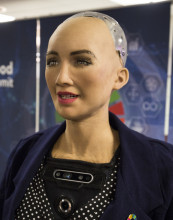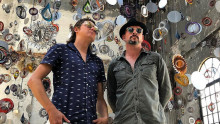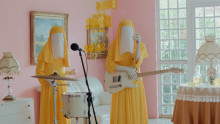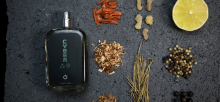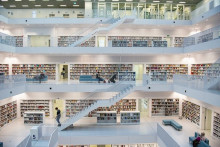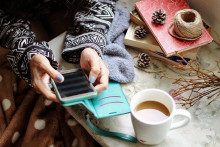The first museum made entirely from recycled plastic
The museum is built to raise awareness about the correct use of plastic and will be 100 per cent recycled by the end of the 10 day exhibition
DelaVegaCanolasso, a Spanish design company, created a museum in Madrid made entirely of recycled plastic. The project’s goal is to get people thinking about plastics and how important it is to use them appropriately.
